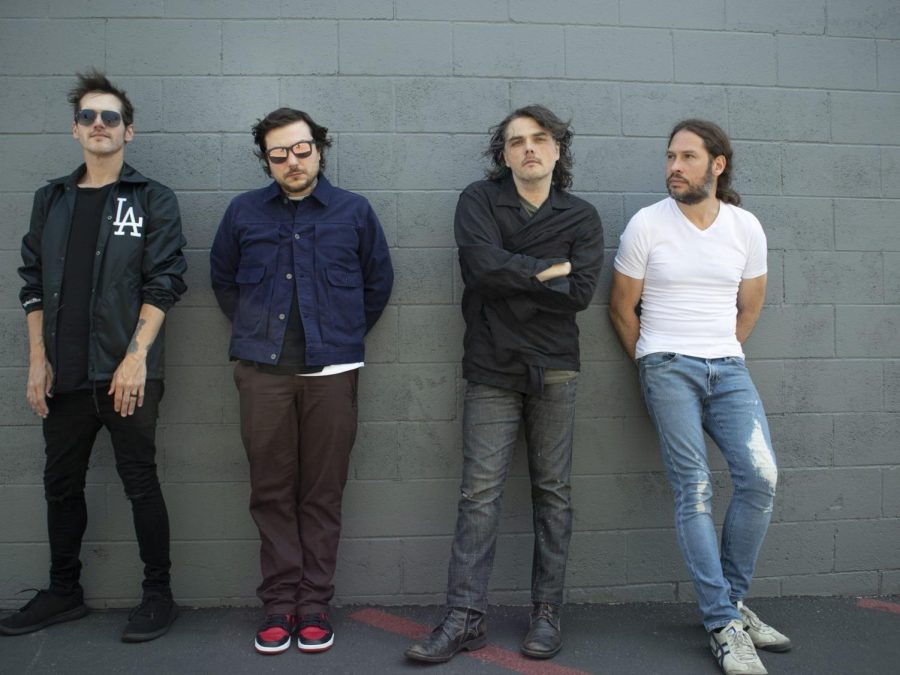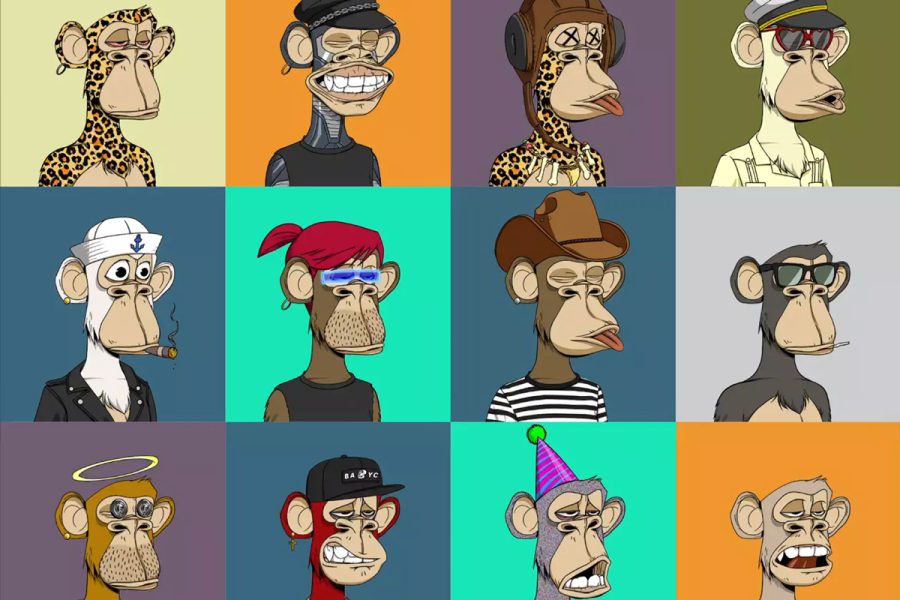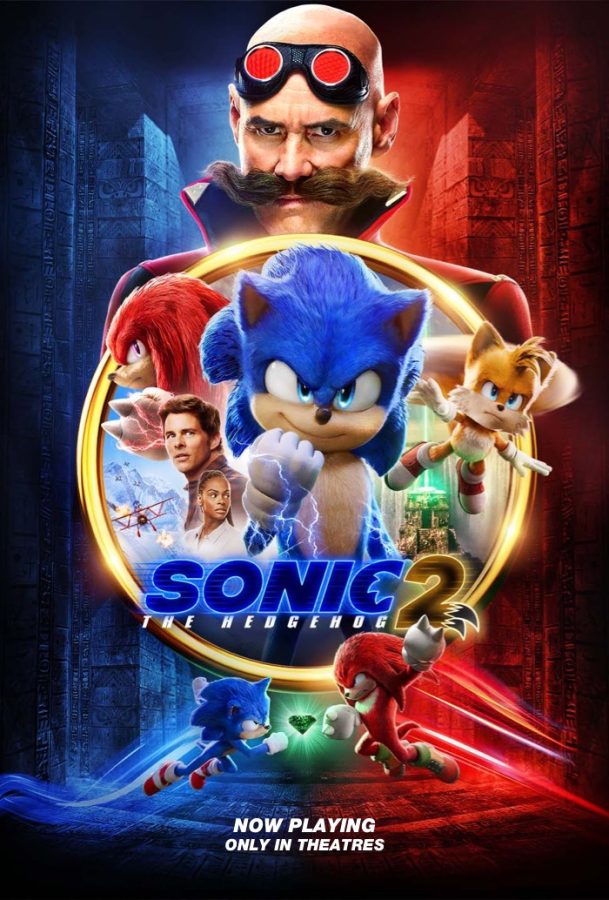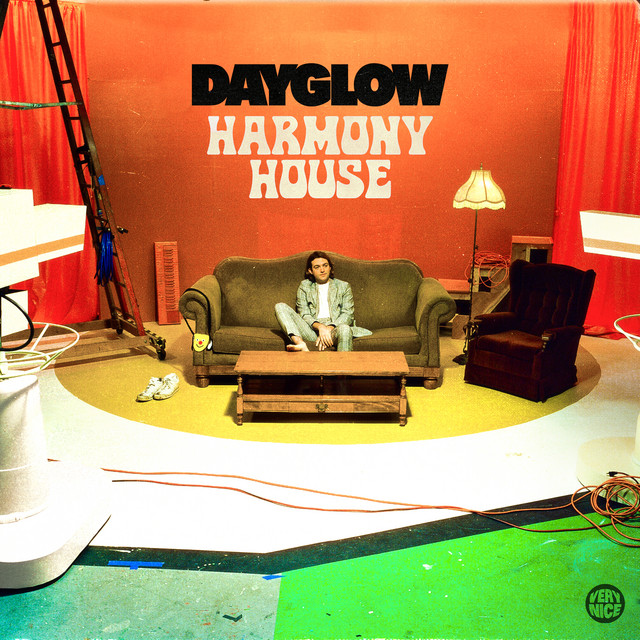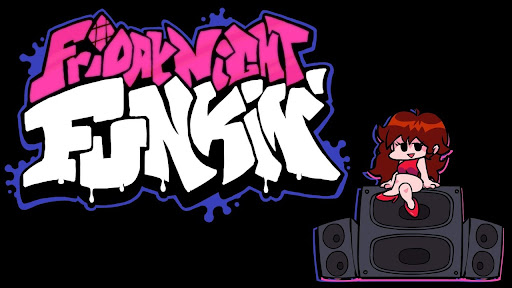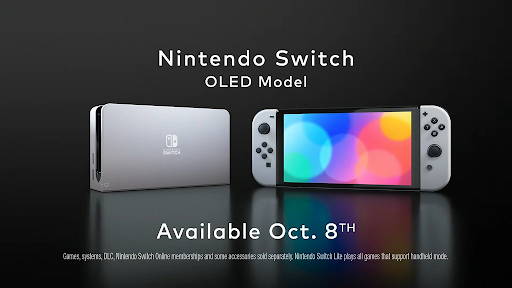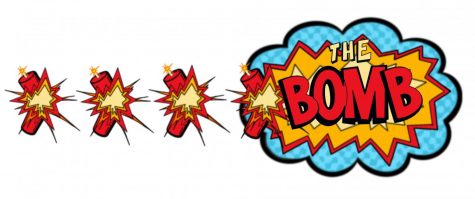 Fuzzybrain is Sloan Struble’s debut album through his musical project Dayglow. Struble identifies Dayglow as a band, despite the fact that he is the sole member, and he plays each instrument and produces it all himself.
Fuzzybrain is Sloan Struble’s debut album through his musical project Dayglow. Struble identifies Dayglow as a band, despite the fact that he is the sole member, and he plays each instrument and produces it all himself.
Originally released in 2018, Fuzzybrain was later rereleased the following year, and it is considered to be the definitive edition of the album, featuring ten tracks. It is available now on Spotify, YouTube, and Apple Music.
The album touches on the themes of change, staying optimistic, and nostalgia. In an interview with Afterglow, Struble says that Fuzzybrain is “kind of just a compilation of thoughts and feelings of isolationism.”
While at first impression that sounds like a sad premise, the album’s sound is reminiscent of the 1980’s and features an array of upbeat sounds and catchy choruses. It’s definitely worth listening to for the sound alone, if not for the deeper meaning of each song.
Struble’s only previous studio-produced album was his LP KINDRED, which was not released under the Dayglow name, and it can only be found on SoundCloud. Needless to say, this LP did not pick up much steam and he did not have a sizable fanbase as of yet. However, Fuzzybrain sought to change this.
The album opens up with the track “False Direction”, which touches on Struble’s struggles with being stuck in a controlling relationship. He indicates that it is difficult for him to accept that the only way to escape is to take matters into his own hands. When he sings, “Does it make a difference if I leave,” he is questioning the weight of his own actions.
The second track on the album, “Can I Call You Tonight?”, is the song that first brought recognition to Dayglow, partially due to its popularity on TikTok. It now sits at over 260 million plays on Spotify, but it’s unclear if the hype was fully deserved.
Analyzing the lyrics, you can probably foster a meaning out of them. However, Struble himself has confirmed that the song actually doesn’t really mean anything at all. In the prior-mentioned interview on Afterglow, he says that “it was just a song compiled of random symbolic stuff” and he doesn’t “really have much purpose behind it!”
Lyrically, “Can I Call You Tonight?” falls flat, and yet its unique sound is enough to warrant a listen. The song has also been interpreted differently by many fans, and you should feel free to foster your own meaning behind it so that it resonates with you. As Struble says, “It’s really cool that it’s been given life by other people.”
The third track on the album, “Hot Rod”, can be viewed as Struble’s realization that his relationship isn’t working out. He contrasts the difference between himself, the optimist, and his partner, the blunt pessimist. The song opens up with the line “My memory is not like the other one,” in reference to his memories of his relationship. He now understands how clouded his logic was by how much he liked his partner, but he now sees the reality of his situation.
The phrase “Maybe you’re not such a hot rod,” is an analogy for Struble’s sudden realization that his partner might not be the best for him. This song’s themes are continued on the ninth song on the album “Nicknames,” which was a track added upon the rerelease of the album.
“Run the World!!!” is the fourth track on the album, and it’s where the story Struble has set up hits its climax, and in the best way possible. This is the best song on the album, from the catchy chorus to the great sound; you’ll find yourself bopping your head to this during your first listen.
In Struble’s video about how he made the song, he describes its message as being a “back and forth of ego and narcissism,” between himself and his partner, where he is communicating to them that they aren’t working out as a couple. On the surface, the song sounds happy, but the darker undertones are in full force here. This song is by far the magnum opus of the album, as it perfectly represents its overall themes and sound.
The two tracks that follow, “Fair Game,” and “Dear Friend”, touch on the same theme of the change, brought about by the breakup of this relationship. “Fair Game” has an incredible sound that is less repetitive than other tracks found here, and it indicates that some of Struble’s friends have left him since his breakup. In “Dear Friend,” he describes the change that the breakup has caused for him, and he writes to his ex, now a friend, to reminisce about what they used to be.
Finally, we reach the title track “Fuzzybrain”, in which Struble is confused and bombarded by his feelings, after the multitude of changes that he has faced following his breakup. “I’m cleaning out the fuzz in my brain, time and time again,” he laments, thus illustrating his confused mental state.
The concluding track of this album (based on its original release) is “Junior Varsity”, a tune that further comments on the evolution of his life. He reveals the stark differences between his high school years and his life in college and afterwards, with the lyrics, “we’re in the real world now, not junior varsity.”
The concluding track on the rerelease, “Listerine”, brings us back to the story between himself and his controlling partner; a story in which they have separated over the course of fifteen days in an attempt to refresh and improve their behavior towards each other. Ultimately, Struble ends his album with the realization that he and his partner couldn’t really reconcile after all.
All in all, Fuzzybrain is full of stories of melancholy, disguised behind a catchy, groovy, alternative pop album. The sounds don’t take away from the original meanings of the songs, but they only enhance them.
The happy-go-lucky vibe of this album stands in stark contrast to some of it’s lyrics. This can be viewed as an analogy for a relationship, which may appear happy on the surface, but it might be the complete opposite in reality .
This album is virtually flawless and definitely worth a listen. It’s an amazing piece of work, and I highly recommend it. If you want to hear more breakup albums, featuring an alt-pop or modern rock sound, you might also enjoy the album Sour by Olivia Rodrigo, or you can listen to Dayglow’s follow up album, Harmony House.







